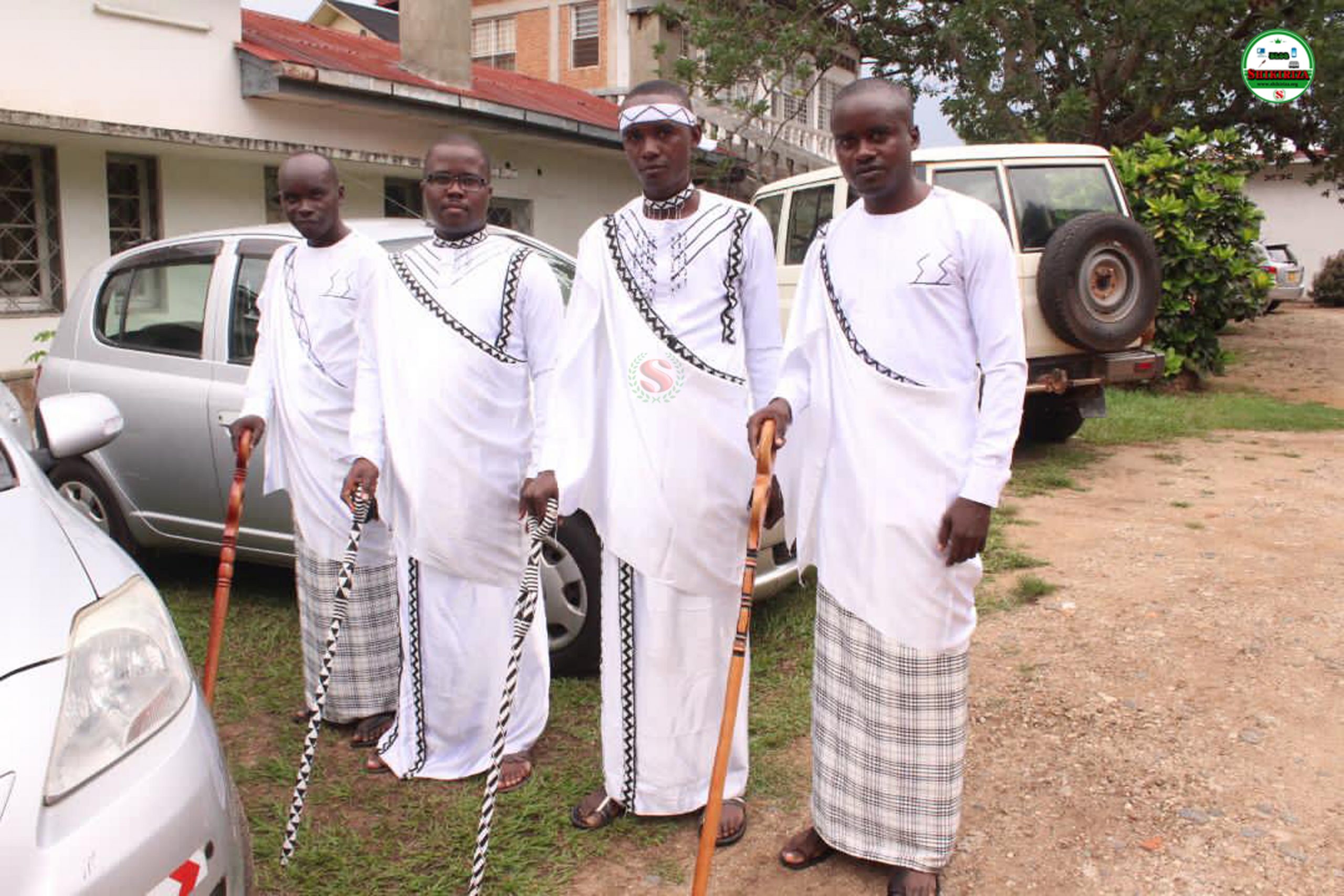In modern Africa and in Burundi, particularly, traditional values are, today, facing challenges and socio- cultural mutations due to the interference with European standards of life. This issue of dowry is highlighting some examples of such cultural clash between two worlds with different philosophical conceptions of society and its relations.
In traditional Africa, the bride-price was of great importance. It first cemented the relationships between the two families (the daughter’s and the bride-groom’s). It was also believed to be the precious gift for parents who support the girl’s upbringing.
The form and the amount of the dowry were agreed on by the two families and could take different forms. Some should pay bracelets, jewels, hoes, goats, and sheep. For those who were rich, they could give cows depending to the bride-groom’s family wealth.
Payment of the dowry: an influenced culture
Long ago, in Burundi, the role of parents from courting to marriage was significant. But, today, with the influence of capitalism and Western education that Burundians enjoys at school, things got changed. Burundians tend to wave off their traditional values.
Nowadays, the dowry is assessed in terms of money and with high price as if the girl was an animal to buy in the market. Thus, this marriage arranged on material calculations does not provide happiness to the new family. Contrarily, good manners, moral and Christian values should be taken into consideration of course.
Girls as an investment
Commercialization of bride-price started with the introduction of the cash economy. Bride-price is paid to individuals in cash, as opposed to livestock. Cash is a symbol of sale, so girls are seen as articles of sale. This leads girls to be seen as property and chattel. Parents put a price on their daughters.
In many communities, the standard payment, apart from cash, is a grade cow or other unofficial payments. The payment becomes even higher if the bride is educated.
« In our province, when you didn’t go at school, the bride-price is around BIF 500.000. When you have finished secondary school, it goes up on around BIF 1.000.000 and for the ones who are graduated at university, the sum goes from BIF 1.500.000. » testifies Alice, the lady from Bubanza whom we met at Lake Tanganyika University.
When women are treated as property, they have no dignity. Such treatment as property is clearly seen in the way the transaction meeting is held, with haggling and bargaining, but without the input of the women.
Modernity: Roots of drawbacks
The negative consequence of bride-price is clearly seen in the debate on terminology. The term bride-price has the connotation of a purchase or financial transaction. Though it is always claimed that what we actually have is bride-price, in present day society, it is more like a financial transaction. Bride-price has been highly commercialized, leading to many negative consequences such as women treated as property, the idea of daughters as investment, come-we-stay marriages, forced marriages, enslavement, family conflict, inferiority and dehumanization, and gender-based violence.
Modernity is not totally wrong; Burundians should consider in it what’s positive and tether it with what’s positive in African traditions and customs. If not, let’s exalt our deculturization!

